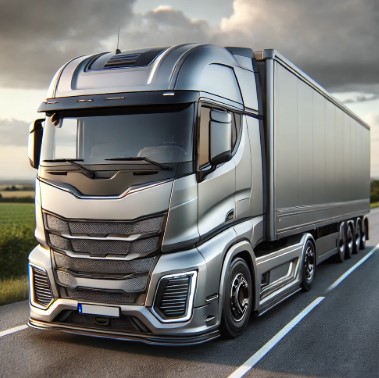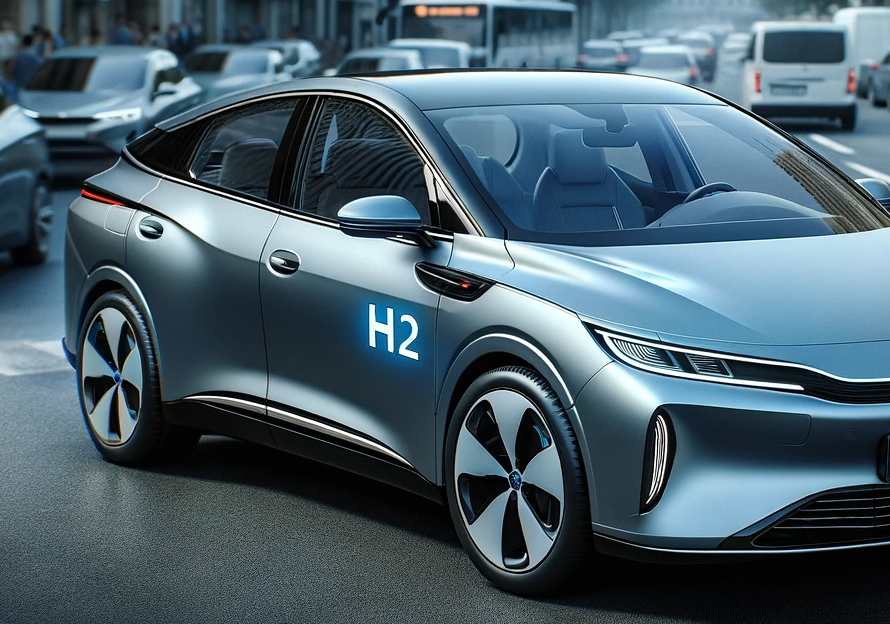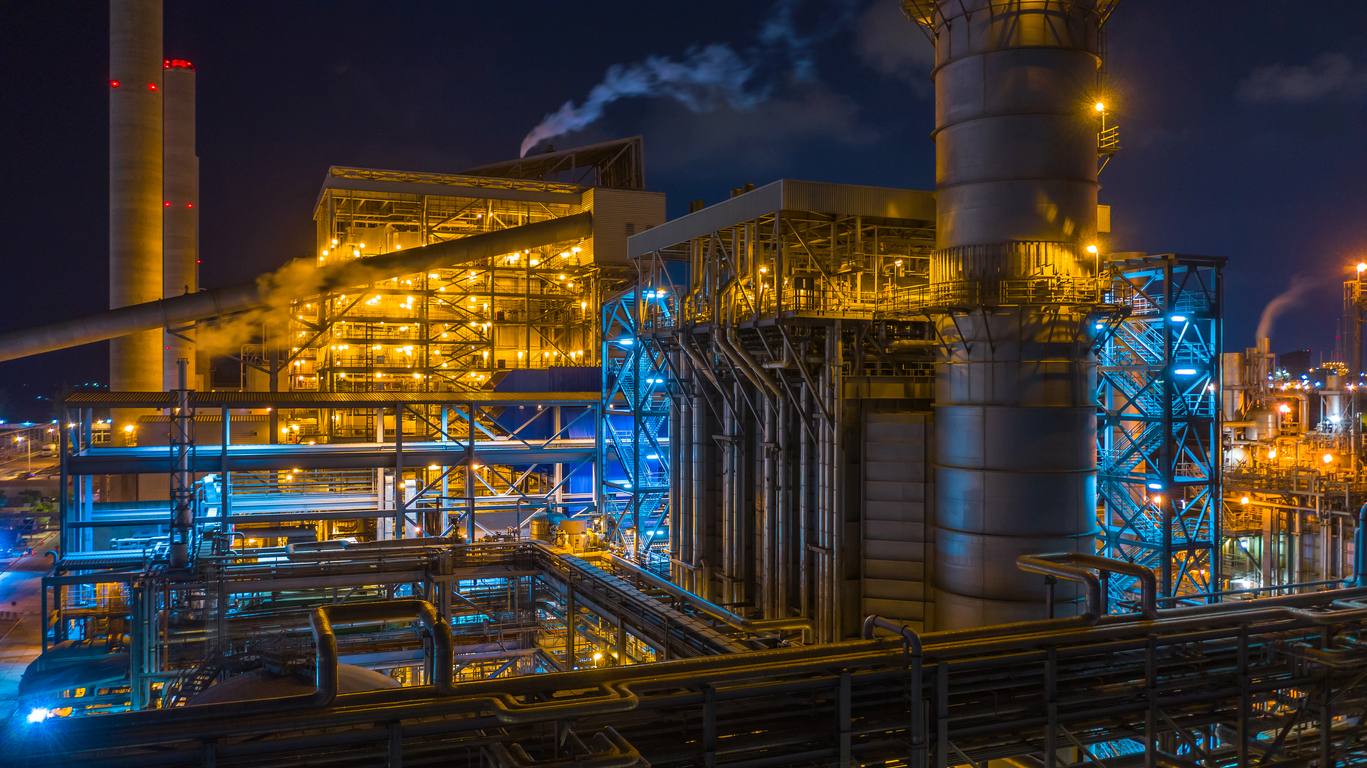New KGS Standard for Hydrogen Vehicle Composite Cylinders finalized
10. April 2025At the end of March, the Gas Technology Standards Committee held its 162nd meeting and approved some amendments for the finalization of the new KGS AC421 standard for compressed hydrogen composite cylinders used in vehicles. This new standard is part of Korea’s ongoing efforts to enhance the safety and performance of high-pressure hydrogen storage solutions. Pressure Vessels usually require KGS factory registration to be approved for import and sales on the Korean market.

The newly drafted KGS AC421 establishes comprehensive requirements for the manufacturing, design, materials, structure, heat treatment, performance testing, and labeling of composite hydrogen cylinders intended for use in transportation.
One of the major changes concerns the cylinder design life. The wording was revised from “15 years or less” to a “minimum of 15 years” to align design specifications with the legal operational limits. This ensures a consistent approach between cylinder design and usage throughout their service life.
Furthermore, foreign certification recognition criteria were clarified under KGS AC421. Specific accepted foreign standards and inspection bodies, such as ANSI (USA) and ECE (Europe), are now clearly listed. This provides better transparency and allows for the recognition of foreign-manufactured cylinders without requiring additional inspections.
The manufacturing facility requirements have also been updated. The requirements for heat treatment furnaces were revised to match the criteria already defined in KGS AC411 for aluminum liner composite cylinders. Furnaces must now be designed to limit internal temperature variations to within 25°C and must be equipped with automatic temperature recording devices to ensure precise heat treatment control.
Testing procedures have been strengthened. The material used in environmental and pressure tests must now be strictly a “liquid” rather than a general “fluid,” eliminating ambiguity regarding the test medium in low-temperature environments. Additionally, KGS AC421 introduces new hydrogen compatibility testing requirements for metallic liners. These tests, based on ASTM G142, verify the suitability of materials under high-pressure hydrogen environments. The acceptance criteria have been harmonized with those found in KGS AC111, ensuring consistent performance expectations across standards.
Inspection requirements were also expanded. In this latest version, external appearance inspections have been introduced, and the sampling methods for dimensional checks, liner tensile and impact tests, protective coating adhesion, and burst tests have been clearly defined. These enhancements strengthen the quality control process during production and improve overall product reliability.
The committee concluded the meeting by approving all remaining amendments to the detailed standards. A timeframe for the formal implementation of the new KGS code KGS AC421 has yet to be officially announced.
Feel free to contact us any time if you need assistance or have any questions regarding Korean certifications like KC, KC EMC, KCs, KCs for explosion safety products or KGS factory registration.
Tel. Europe: +49-69-271 37 69 259
Tel. US: +1 773 654-2673
Email: info@korea-certification.com
For more information you can download our free brochure “Korea Certification Made Easy – The Booklet“.








